Non-Toxic Shampoo: Ingredients to Avoid & What to Look For
Finding a non-toxic shampoo that cleans effectively without exposing you to harmful chemicals can be tricky. Many shampoos, even some labeled as “natural,” contain problematic preservatives, synthetic fragrances, and harsh surfactants. Below, we break down the key ingredients to avoid and what to look for in a truly safe, non-toxic shampoo.
Surfactants
Surfactants are the key ingredients that make shampoos (and all soaps and detergents) effective. They help water break down oil and dirt, allowing them to be rinsed away. However, not all surfactants are created equal—some are safe, while others come with health and environmental concerns.
Many conventional shampoos rely on harsh surfactants like sodium laureth sulfate (SLES) and, which can be irritating to the scalp and may contain harmful contaminants. Cocamide DEA is an actual carcinogen and should always be avoided. Unfortunately, some natural shampoos also use these questionable surfactants.
Safer Surfactants in Non-Toxic Shampoo
If you’re looking for a non-toxic shampoo, keep an eye out for gentler, biodegradable surfactants like:
- Decyl glucoside
- Lauryl glucoside
- Potassium cocoate
- Coco glucoside
- Sodium cocoyl isethionate
- Sodium lauroyl methyl isethionate
- Caprylyl/capryl glucoside
- Sodium lauroyl glutamate
The problem with these is that they tend not to lather as well as some of their more traditional (but less safe!) counterparts, so it can be hard to find high-performing, non-toxic shampoos that rely only on these surfactants.
Non-Toxic Shampoo Gray Area
One of the most confusing surfactants is cocamidopropyl betaine. While it can be safe and mild, it can sometimes be contaminated with harmful byproducts like nitrosamines (carcinogens) and 3-dimethylaminopropylamine (also known as DMAPA, and irritants). While derived from coconut oil, cocamidopropyl betaine is heavily processed and not as “natural” as some marketing suggests. Potential marine toxicity raise mild environmental concerns. Choosing a DMAPA-free, third-party-tested shampoo brand can help minimize these risks.
Similarly, while disodium laureth sulfosuccinate itself is considered a mild surfactant, it can be at risk of contamination due to ethoxylation. The best way to assess this is to look for certifications (EWG verified, ECOCERT, EU standards), transparency about purification methods, or labels that explicitly say “1,4-dioxane-free.”
Finally, cocamidopropyl hydroxysultaine has a low potential for skin, eye, or lung irritation. However, there are once again concerns about possible contamination with DMAPA and nitrosamines during its manufacturing process.
At Gimme the Good Stuff, we evaluate shampoos with cocamidopropyl betaine, disodium laureth sulfosuccinate, and cocamidopropyl hydroxysultaine on a case-by-case basis:
✅ If a brand discloses third-party testing or is verified by EWG, it may make our Best Stuff list.
⚠ If there’s no transparency about contamination risks, the product lands in Good Stuff or Okay Stuff, depending on its other ingredients.
Coco Betaine in Non-Toxic Shampoo
Some brands use coco betaine instead of cocamidopropyl betaine. Coco betaine is a milder, less processed alternative that is less likely to cause irritation or contain impurities. It can, however, potentially irritate very sensitive skin, so if you have allergies, eczema, or rosacea, it’s best to patch-test first.

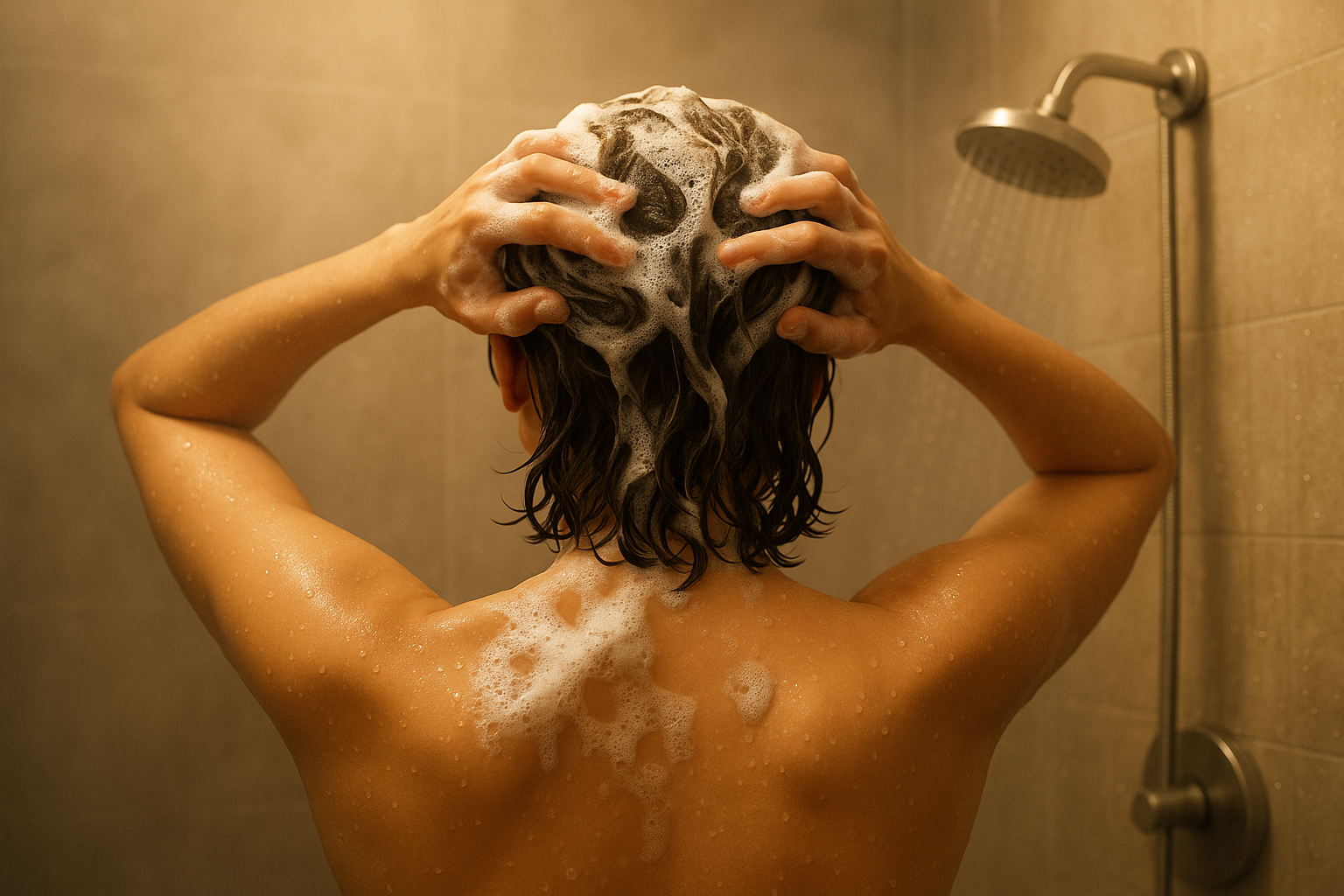


















































































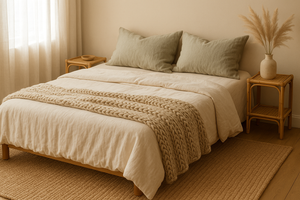
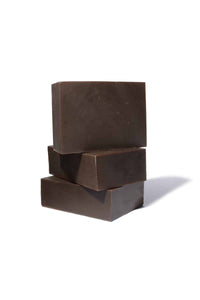
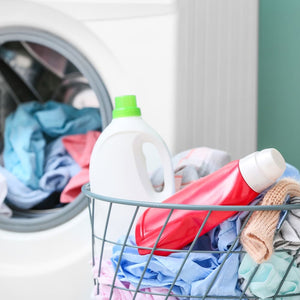
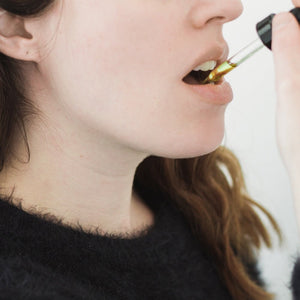

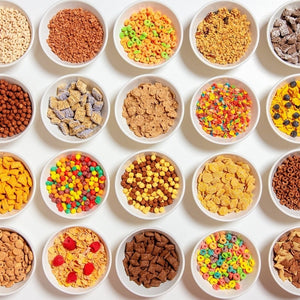
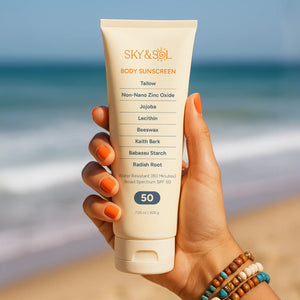
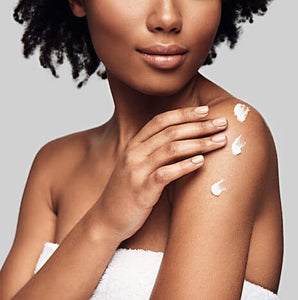
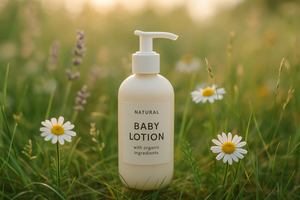
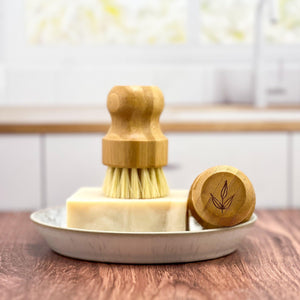
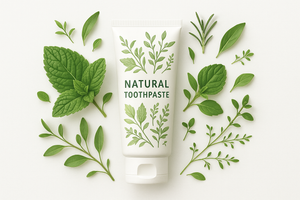
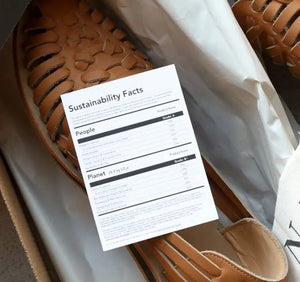

249 comments
Jozephine
This is such a great post! Thank you!!
I am curious about a brand I’ve recently bought shampoo and conditioner from at Whole Foods, it’s called “North American Hemp Co”. On their website you can find lists for each of their products, but to save you a little bit of time I’ve copied the one for the shampoo I now use in the hope that you might be able to help me out. One thing I found odd was “flavour” as an ingredient, so I’ve sent them an email about that… We shall see what they say.
Here are the listed ingredients:
Aqua, Sodium C14-16 olefin Sulfonate, Disodium Laureth Sulfosuccinate, Cocamidopropyl Betaine, Glycol Sterate, Cannabis Sativa (Hemp) Seed Oil, Glycerin, Panthenol, Hydrolyzed Wheat Protein, Orange (Citrus Aurantium Dulcis) Oil, Flavour, Pomegranate (Punica Granatum) Extract, Grape (Vitis Vinifera) Seed Extract, White Pine Bark (Pinus Strobus) Extract, Green Tea, (Camellia Sinensis) Leaf Extract, Ginseng (Panax Ginseng) Extract, Chamomilla, Recutita (Matricaria) Flower Extract, Algae Extract, Bearberry (Arctostaphylos Uva Ursi) Extract, Coneflower (Echinacea Angustifolia) Extract, Licorice (Glycyrrhiza Glabra) Root Extract, Sodium Benzoate, Potassium Sorbate, Tocopheryl Acetate, Citric Acid
Nida
Hi, have you looked into or investigated the Eva NYC clean it up shampoo? Would love to try it. Here are the ingredients:
Ingredients-
Aqua (Water), Ammonium Laureth Sulfate, Hydrolyzed Vegetable Protein PG-Propyl Silanetriol (Keravis), Hippophae Rhamnoides (Obliphica) Oil, Olea Europaea (Olive) Fruit Oil, Propylene Glycol, Sodium Chloride, Cocamidopropyl Betaine, Glycol Distearate, Glycerin, Persea Gratissima (Avocado) Oil, Phenoxyethanol, Argania Spinosa Kernel (Argan) Oil, Triticum Vulgare (Wheat) Germ Oil, Tocopheryl Acetate, Fragrance, Myrtus Communis (Myrtle) Oil, Ethylhexyl Methoxycinnamate.
Please let me know if this qualifies as good stuff.
Maia James
Looks like Good Stuff:)
Maia James
not sure what you mean?
Natalia Bailey
Hi, how would you rate the Rare Elements lite conditioner? Is this good stuff, or sneaky?
Do you have any recommendations for wavy/curly hair?
Ingredients: Aqua (PURIFIED WATER), Cetearyl Alcohol (PLANT ) Brassicamidopropyl Dimethylamine (BRASSICACAE OIL), Astrocaryum (MURUMURU) Seed Butter, Theobroma Grandiflorium (CUPUACU) Seed Butter, Crambe Abyssinica (ABYSSINIAN) Seed Oil, Camelina Sativa (CAMELINA) Oil, Sclerocarya Birrea (MARULA) Oil, Adansonia Digitata (BAOBAB) Seed Oil, Macadamia Ternifolia (MACADAMIA) Seed Oil, Rosa Canina (ROSEHIP) Fruit Oil, Glyceryl Caprylate & Glyceryl Undecylenate, (VEGETABLE) Coco Caprylate (COCONUT) oil, Leuconostoc/Radish Root Ferment Filtrate, Bioflavonoids & Citrus Aurantium Amara bitter (ORANGE PEEL) Extract & Camellis Sinensis Leaf Extract, Citrus Bergamia (BERGAMOT) Oil, Aniba Roseaeodora (ROSEWOOD) Oil, Pelargonium Graveolens (GERANIUM) Oil, Citric Acid, Aspartic Acid, Helianthus Annuus (SUNFLOWER) Seed Oil & Rosmarinus Officinalis (ROSEMARY) Leaf Extract. MADE IN USA